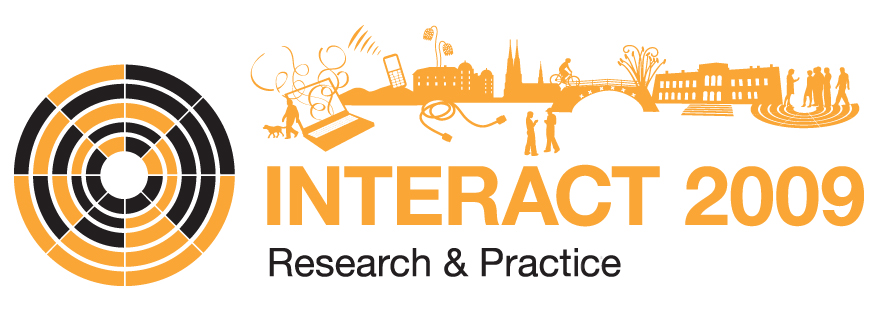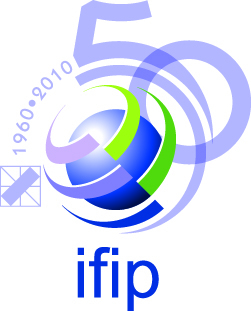ETHICS, ROLES AND RELATIONSHIPS IN INTERACTION DESIGN IN DEVELOPING REGIONS
MONDAY 24 AND TUESDAY 25 AUGUST, 2009
ETHICS, ROLES AND RELATIONSHIPS IN INTERACTION DESIGN IN DEVELOPING REGIONS
CALL FOR PARTICIPATION
Recent years have seen a growing interest in the contribution that effective interaction design might make in improving the lives, livelihoods, and life opportunities of people in developing regions. This workshop will explore the ethical and organisational issues associated with interaction design efforts conducted in ‘developing’ regions of the world, and design efforts supporting social and economic development in marginalised groups in 'developed' regions. Our focus is on the challenges of producing outcomes that are sustainable from technical, financial, social, organisational, ecological and human perspectives. The workshop is open to interaction designers working on projects aimed at ‘developing’ regions or working with marginalised groups in 'developed' regions, researchers and practitioners based in developing regions, and researchers working in the field development studies, particularly those examining development informatics.
Workshop themes
Ethics
- What are the ethical issues involved in conducting design research in this field?
- What can we draw from existing debates about ethics and partnership working in development to inform our practice?
Roles
- How do projects select partners to work with, and what are the difficulties?
- How can individual projects work in partnership with local NGOs, educational and research organisations to develop capacity in interaction design, and what are the challenges?
- How can roles be configured and negotiated to maximise both the chances of developing successful project outcomes and enhancing local capability?
- What kinds of participation should be recommended? Is participatory design always the appropriate approach?
Relationships:
- How do outside influences, such as the environment of funding, commercial interests, personal interests, and institutional objectives impact on our ability to make meaningful contributions?
- What kinds of sustainable configuration of interests can be supported, and how?
- What are the appropriate roles for individuals, research institutions, government, commercial companies and NGOs in this setting?
- How can we ensure that interaction design with development aims is sustainable in local contexts?
Submission
Please submit a 2-page experience statement addressing one or more of the themes listed above, and explaining how your experience is relevant to the themes of the workshop. Your submission may include a case study, a scenario, or a description of a particular project. We shall be seeking sponsorship to support participants from developing regions in attending this workshop. If you would like to be considered for this sponsorship, please indicate this and send a short CV.
Send your submissions by email to [email protected] with the subject line: "Interact 2009 submission"
Important Dates
Submission deadline: 10 May 2009
Notification of acceptance: 24 May 2009
Early registration deadline for conference: 27 May 2009
Workshop: August 24/25 2009
Organisers
- Anxo Ceriejo-Roibas, Vodafone Group
- Andy Dearden, Sheffield Hallam University
- Susan Dray, Dray & Associates
- Phil Gray, University of Glasgow
- John Thomas, IBM T. J. Watson Research Center
- Niall Winters, London Knowledge Lab

